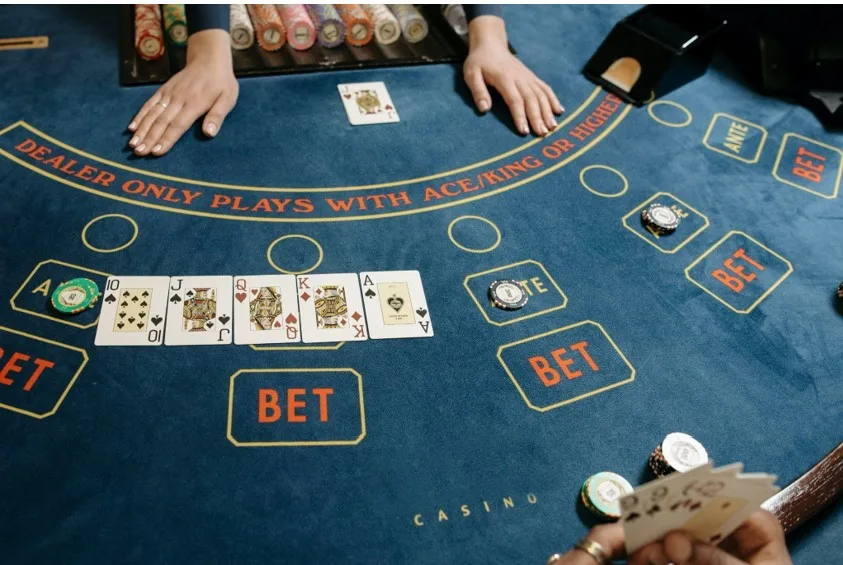
Emotion in Poker: How It Helps You in Winning Poker
In the world of poker, understanding and managing emotions is a critical skill that can significantly impact your success. Poker is not just about the cards you are dealt but also about how you handle the psychological aspects of the game. This article will explore the importance of emotions in poker, why it’s crucial to manage them, and provide practical advice for beginners on maintaining a ‘poker face’ to improve their gameplay.
The Role of Emotions in Poker
Emotions play a pivotal role in poker. They can both positively and negatively influence your decisions and, ultimately, your success at the table. When you are able to harness your emotions effectively, you can make more calculated and strategic decisions. Positive emotions such as confidence can boost your performance, while negative emotions like anger or frustration can cloud your judgment and lead to poor decisions.
Understanding your emotional state and how it impacts your decision-making process is essential. For instance, being overly aggressive when feeling confident might work in some scenarios, but it can also make you predictable if not managed properly. On the other hand, fear or anxiety can cause you to play too conservatively, missing out on opportunities to win big. The key is finding a balance and being aware of your emotional triggers.
Why It’s Important Not to Show Your Emotions
One of the cardinal rules in poker is to avoid showing your emotions. This is because poker is as much about reading your opponents as it is about playing your cards. When you reveal your emotions, you give your opponents valuable information about your hand and your state of mind. This information can be used against you, putting you at a disadvantage.
Professional poker players are masters at concealing their emotions, maintaining a stoic expression regardless of the situation. This ability to keep a ‘poker face’ ensures that their opponents cannot gain any insights into their hand or strategy. It’s a skill that takes time and practice to develop but is crucial for long-term success in poker.
Tips for Beginners
For beginners, learning to manage and hide emotions can be challenging but is essential. Practicing mindfulness regularly can help you become more aware of your emotional states and control them better. Deep, steady breathing can calm your nerves and keep your emotions in check. It’s advisable to avoid alcohol as it can impair your judgment and make emotional control more difficult. Taking short breaks when feeling overwhelmed can also help you regain composure and maintain focus during the game.

The Poker Face in Poker
The concept of a ‘poker face’ is legendary in the world of poker. It refers to the ability to keep a neutral expression and body language, regardless of the cards you hold. Maintaining or avoiding eye contact strategically can prevent giving away any clues. Keeping facial expressions minimal and avoiding exaggerated reactions to good or bad hands is essential. Your body language can give away your emotions, so practice sitting still and maintaining a relaxed posture. Additionally, controlling your voice to avoid any fluctuations that could indicate excitement or stress is crucial for maintaining a poker face.
Developing Emotional Resilience
Emotional resilience is the ability to recover quickly from setbacks and maintain a steady emotional state. In poker, this skill is invaluable as the game is full of ups and downs. Setting realistic goals and understanding that losing is part of the game can help maintain emotional balance. Learning from mistakes and using them as opportunities for improvement rather than sources of frustration is another key strategy. Keeping a positive attitude, even during losing streaks, can significantly influence your decision-making and overall performance.
Emotions are an integral part of poker, influencing every decision you make. By understanding and managing your emotions, you can enhance your gameplay and increase your chances of winning. Developing a poker face, practicing mindfulness, and building emotional resilience are essential steps toward becoming a successful poker player. Remember, the key to mastering poker lies not just in the cards but in your ability to control your mind and emotions.

